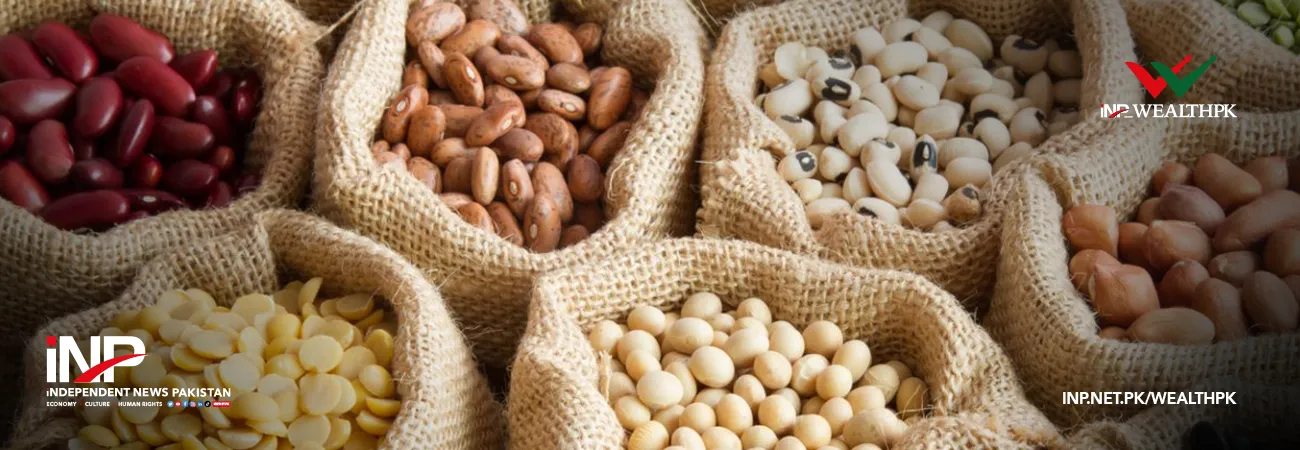INP-WealthPk
Muhammad Luqman
Pakistan’s nascent mobile phone industry has been able to touch the production mark of over 3 million units in a month in just a short span of five years, cutting down the country’s annual import bill by USD1.5 billion. Around 29 units, mainly located in Lahore and Karachi, are meeting 95% of the local demand, reports WealthPK.

Several global brands like Infinix, Tecno, Vivo, Xiaomi and Realme have set up their assembly plants in Pakistan to benefit from the ever-increasing demand in the market of the world’s fifth most populous country. According to mobile phone manufacturers, the Mobile Device Manufacturing Policy (MDMP) 2020 has played a crucial role in catalyzing this growth by introducing investor-friendly measures, such as tax incentives for local manufacturing and a progressive reduction in duties on imported components.
The state-of-the-art assembly lines incorporate Industry 4.0 practices including automated testing systems and AI-powered quality control. Mobile manufacturing has emerged as a significant contributor to Pakistan’s industrial landscape. The sector’s combined investment of $200 million has generated substantial returns while creating 8,000 direct and 25,000 indirect jobs. However, manufacturers believe there is a lot more to be done in this sector.
To them, the government needs to make the policies conducive for the mobile phone sector so that more and more smart phones could be assembled in Pakistan. In an interview with WealthPK, Chairman of the Pakistan Mobile Phone Manufacturers Association Mian Abdul Rehman said the existing tariff structure favors the import of finished products. Import of parts, raw materials, and accessories used for the local phone assembly has been subjected to high tariff rates.
“There is around 10% additional cost in assembling various parts to make a finished product, while imports of mobile charger, hands-free, bluetooth devices are zero-rated,” the PMPMA chief said. This crucial industry, he said, is facing challenges, including tax structure and price competition, supply chain dependencies, technical expertise gap, and infrastructure and energy-related discrepancies. Pakistan can become a major exporter of mobile phones by promoting local production of mobile phone parts and accessories instead of importing completely built-up gadgets.
Only by increasing localization rates and promoting exports can Pakistan potentially transition from a net importer to an exporter of mobile devices. Despite progress in assembly operations, Pakistan’s mobile manufacturing sector still lacks advanced technical expertise in crucial areas like semiconductor manufacturing and complex component production. This gap limits the industry’s ability to move up the value chain and achieve higher localization rates.
“The government should help the industry achieve the target of 50% localization of parts and components by 2027, which will significantly enhance the industry’s value addition,” said Khushal Khan, Executive Director of a Lahore-based mobile phone company. At present, smartphones account for less than 50% of Pakistan's total mobile phone production, with most units being low-cost 2G devices primarily used by lower-income groups. “While introducing 5G technology in the days to come, the government should not force mobile phone manufacturers to stop the production of low-cost mobile phones.
Production of high-tech 4G and 5G smart phones should go side by side with 2G sets,” Khushal Khan suggested. Industrialists believe Pakistan has the potential to serve as a springboard for exporting locally assembled international brands to the affluent markets of the Middle East and Africa while also promoting domestic production of spare parts. This goal can be achieved only by rationalizing taxes and funding research and development. South Korea and India are quotable examples in this regard.
Credit: INP-WealthPk













